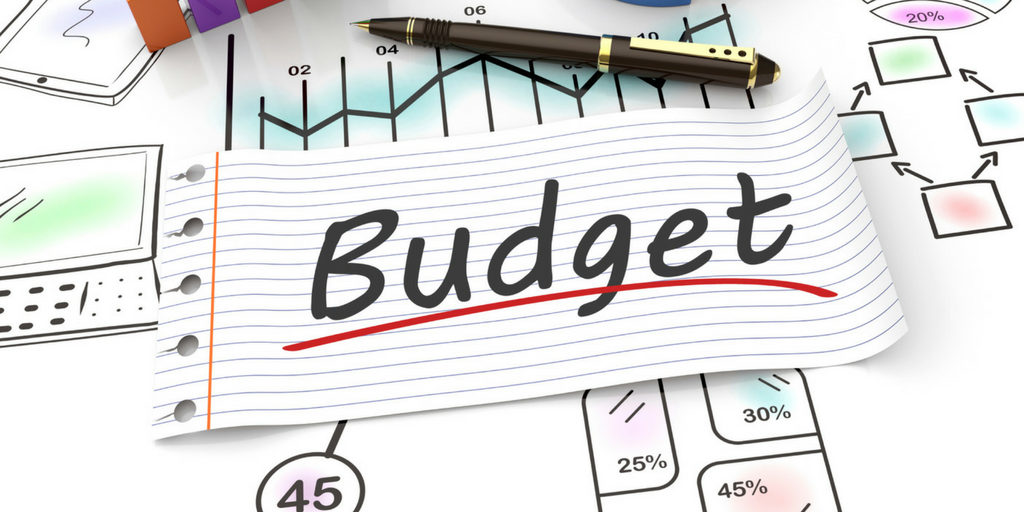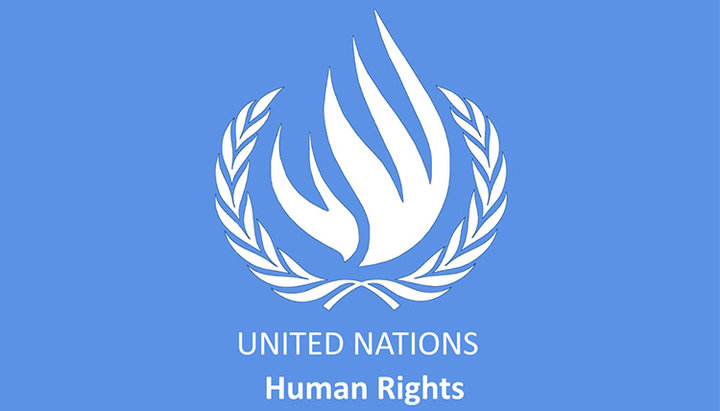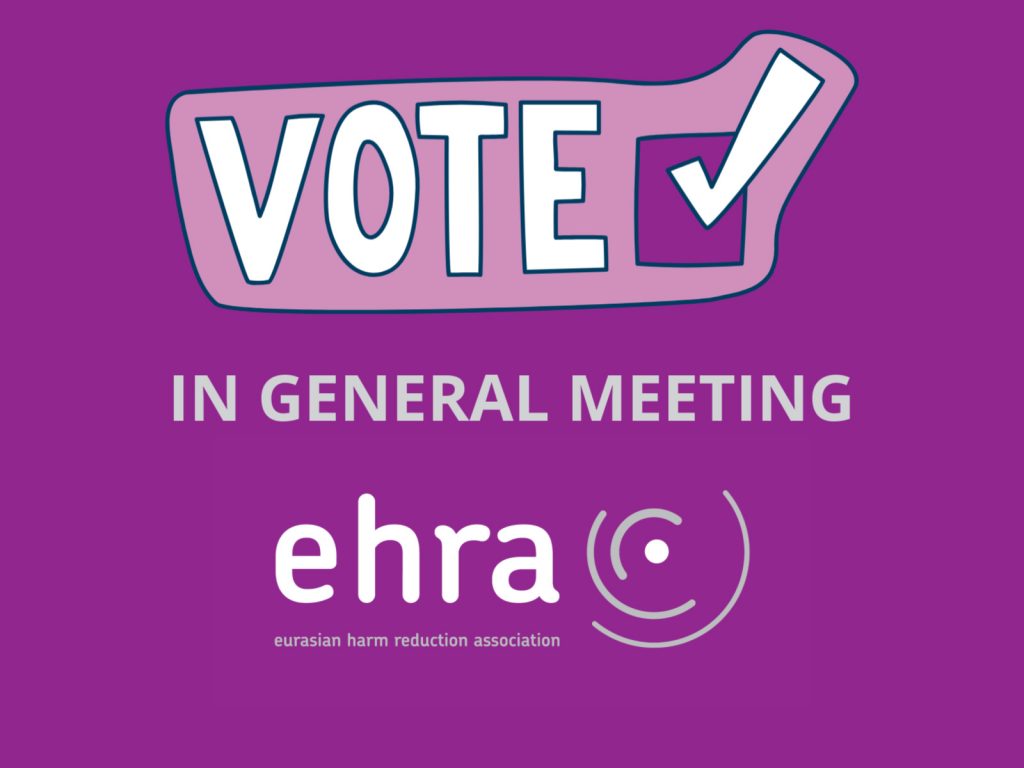Being a partner of the Alliance for Public Health, the All-Ukrainian Network of PLWH 100% Life and other regional and national partners in the implementation of the Global Fund funded regional HIV project “Sustainability of services for key populations in Eastern Europe and Central Asia” (#SoS_project), the Eurasian Harm Reduction Association (EHRA) is aimed at the improving the financial sustainability and allocative efficiency of HIV programs in EECA countries.
Author: Igor Gordon

Call for proposals for grants on national/local budget analysis of health and social services for key populations
Eurasian Harm Reduction Association (EHRA) is looking for 6 national or local NGOs to implement the short-term projects on national/local budgets analysis of available state/municipal funding for health and social services for key populations in their respective territories. Applications can be submitted by registered non-government organizations from countries of the Central Europe and Eastern Europe and Central Asia region (CEECA).

Report on Russia submitted to the UN Human Rights Committee
On May 4, 2020 the Russian Civil Society Mechanism for Monitoring of Drug Policy Reforms, with technical assistance of the Andrey Rylkov Foundation for Health and Social Justice, Eurasian Harm Reduction Association and the Canadian HIV/AIDS Legal Network submitted a report on Russia for the adoption of List of Issues to the State in relation to the review of the 8th Periodic Report of the Russian Federation during the 129 Session of the International Covenant on Civil and Political Rights.
In Russia’s highly punitive and stigmatizing environment, law enforcement agencies have a virtual carte blanche to discriminate against people who use drugs. The information provided in the report shows how such heavy-handed drug policies and drug enforcement drive violations of Articles 2, 3, 7, 9, 10, 14, 15, 19, and 26 of the International Covenant on Civil and Political Rights.
The proposed questions for the List of Issues:
- How does the State Party ensures the principle of legal certainty when prosecuting people for handling so- called derivatives?
- How does the State Party ensure the right to a fair trial with respect to drug-related charges?
- What measures do Russian authorities undertake to reduce risk of COVID-19 infections in prisons?
- What drug treatment options are available for people in custodial settings in Russia, especially taking into account the number of prisoners incarcerated for drug crimes?
- How does the State Party protect people with drug dependence from arbitrary arrest and detention on discriminatory grounds?
- What measures has the State Party undertaken to protect people with drug dependence from ill treatment in police custody, especially taking into account the continuous enforcement by the state party of a legal ban on evidence based treatment such as opioid substitution therapy?
- What measures does the State Party employ to address the special vulnerability of women living with drug dependence to gender-based discrimination in the enjoyment of civil and political rights?
- How does the State Party ensure equal protection and non-discrimination with respect to people who use drugs?
- How does the State Party ensure the right to freedom of expression and the right to access scientific and human rights information in the context of anti-drug propaganda restrictions?
VOTE in the General Meeting of EHRA members

Dear EHRA members,
On 11-24 May, 2020 Eurasian Harm Reduction Association (EHRA) conducts the General Meeting of its members. During the fortnight, members of EHRA will have online-voting for the following issues:
1. Approval of EHRA strategy for 2020-2024;
2. Approval of EHRA financial report for 2019 year;
3. Approval of the changes in EHRA Statute:
3.1. Approval of the change of mission, Art. 1 of EHRA Statute;
3.2. Approval of the change of admission of new members to EHRA Art. 14 (c) of EHRA Statute;
3.3. Approval of the amendment of Art. 20 (Termination of membership) of EHRA Statute with part 5 on procedure of revision of membership;
3.4. Approval of the change of Art. 53 of EHRA Statute on number of experts in the Oversight Advisory Board.
4. Approval of EHRA Advisory Board candidates.
WHO HAS VOTING RIGHT IN EHRA ONLINE GENERAL MEETING?
- All members (individual and organizational), who are approved by the Steering Committee, can participate in the General Meeting. The list of members eligible for voting you can find on EHRA website: https://old.harmreductioneurasia.org/ehra-members/ or by contacting via e-mail: members@harmreductioneurasia.org
- One member shall be entitled to one vote in a General meeting of members.
- Supporting members do not have a voting right in the General Meeting.
Details on the voting procedure and participation can be clarified by contacting Eliza Kurcevic via e-mail: members@harmreductioneurasia.org
Statement by the UN expert on the right to health* on the protection of people who use drugs during the COVID-19 pandemic
In the current COVID-19 context, people who use drugs face unique needs and risks, due to criminalisation, stigma, discrimination, underlying health issues, social marginalisation and higher economic and social vulnerabilities, including a lack of access to adequate housing and healthcare. Treatment and harm reduction services should continue to be provided to them.
Terms of Reference for a consultant to develop the report to the UN Committee Against Torture on Kyrgyzstan
The Eurasian Harm Reduction Association (EHRA) as part of the three-year multi-country project “Sustainability of Services for Key Populations in Eastern Europe and Central Asia” (#SoS_project), implemented by the Alliance of Public Health Charitable Foundation in partnership with regional, national and technical partners, announces an open tender for an international legal consultant to develop the report to the 71 Session of the UN Committee Against Torture on Kyrgyzstan to contribute to the implementation of Objective 2 of the project – to reduce the most important human rights and gender barriers to accessing HIV prevention and care services.
Tasks of the consultant and expected results:
- Analyze data related to:
- drug use;
- drug law offences;
- existing services for people who use drugs in prisons and detention facilities in terms of compliance with human rights; denial of services;
- torture and other forms of ill-treatment of people who use drugs in prisons and detention facilities, including the infliction of pain and suffering on drug-dependent people by police to extract evidence.
- Develop a report in English to be ready for submission to the 71 Session of CAT in the Fall 2020.
Proposed timeline:
- The first draft report for further EHRA comments – September 18, 2020;
- The final report, taking into account comments from EHRA – October 2, 2020.
Requirements to Consultant:
The submitted applications will be evaluated by the selection committee of the Eurasian Harm Reduction Association. The following criteria will be used to evaluate the bids (the maximum possible number of points is 100):
- Law degree (30 points);
- Relevant work experience, knowledge and experience the field of harm reduction, as well as previous submissions to UN human rights treaty bodies are an advantage (documents or links to analytical materials should be submitted in the application) (40 points);
- Proposed cost of services (20 points);
- Literate written English (10 points).
How to apply
Applicants must submit their CV, estimated cost of services with daily rate and proposed amount of working days and application (letter of interest) in free form to maria@harmreductioneurasia.org, the subject of the letter is “Consultant CATKG”, the deadline for submission is before 24:00 EET on May 15, 2020. The CV and application should meet the requirements to the consultant, clearly reflect the competency of the candidate and number of working days necessary to complete this task.
General terms
Interested consultants should pay attention to the following conditions:
- EHRA will sign an agreement with the winner of the competitive selection. The contract will define a detailed work plan and payment terms.
- The winner of the competitive selection agrees to provide confirmation of his/her daily rates before signing the contract.
- EHRA reserves the right (but does not commit itself to obligations) to enter into negotiations with one or more applicants in order to obtain clarifications or additional information, as well as to agree on the timing of work.
If you have any questions or need clarification regarding this ToR, please contact Maria Plotko at maria@harmreductioneurasia.org no later than May 11, 2020.
“…Natasha believed till the very end that everything was going to be resolved. Her tears and crying when the ruling was read, when Artur was taken… It was horrible.”
In accordance with the Decree No.18 of the President of Belarus “children are subject to state protection and placement in state care in the event it is established that their parents do not properly fulfill their obligations for the children’s upbringing and support, and therefore such children are deemed to be in a socially dangerous situation (SOP)”[1].
Analysis of the proportionality of the imposed fines for drug possession in the Kyrgyz Republic
The document is an analysis of the proportionality of fines for possession of narcotic drugs in the Kyrgyz Republic. On January 1, 2019, new codes and laws entered into power, which, inter alia, refer to drug-related crimes and increase fines.
Legal analysis of human rights violations against women who use drugs in Russia (on the example of St. Petersburg)
Despite a significant number of women who use drugs, in St. Petersburg there have been no qualitative studies aimed at examining violations of the rights of women who use drugs. It should also be noted that currently in Russia there are no state-funded harm reduction programs and opioid agonist therapy.
Report on the study “Criminalization of drugs and human rights of people who use drugs in the Republic of Moldova”
This report is based on the results of a study conducted by EHRA in 2019 to document and analyze the most common human rights violations encountered by women and men who took part in the study and who had experience serving sentences in imprisonment, including for drug-related crimes. A total of 12 semi-structured interviews were collected.
